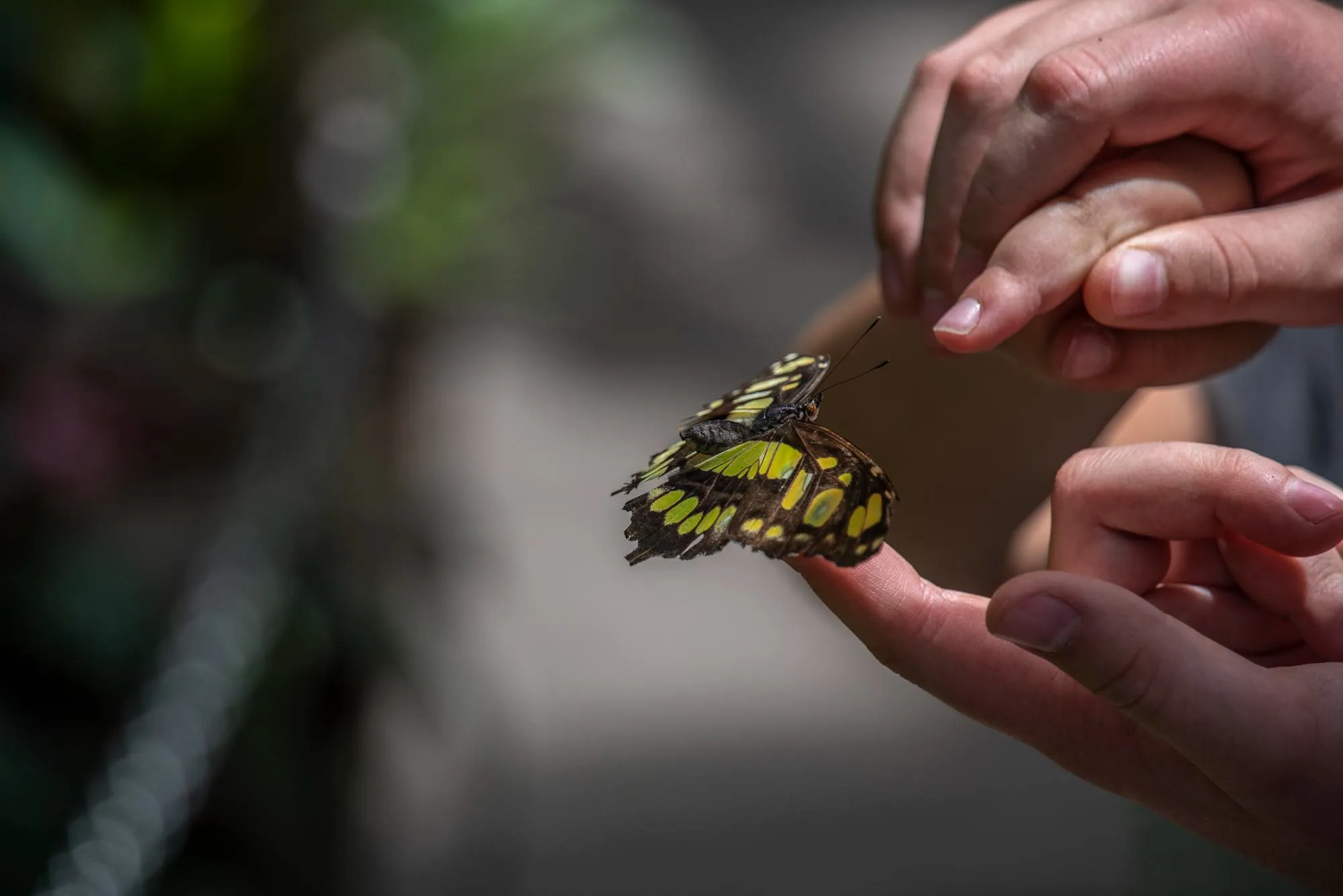Two species of stoneflies, long considered lost to science, have been rediscovered in a recent study published in the journal Zootaxa on January 16, 2024. The study, led by a team of entomologists including Liu Shunxiao, Wang Bingli, Volodymyr Vlasenko, and Li Weihai, marks a significant achievement in the field of entomology and biodiversity conservation.
The resurgence of these Rhopalopsole species, belonging to the Leuctridae family, presents not only exciting news for biologists and taxonomists but also renews focus on the broader narrative of species rediscovery and conservation challenges.
First discovered by František Klapálek in 1912, these particular Rhopalopsole species suffered from a historical lack of representation in entomological collections, rendering their types lost. Without these references, additional studies and confirmations of the species’ existence remained elusive for over a century.
DOI: 10.11646/zootaxa.5360.4.8
The detailed research article, occupying pages 593 to 599 in the Zootaxa journal, outlines the meticulous work by the scientists involved in the successful identification and reclassification of these stoneflies. For full access to the study, readers can refer to the journal Zootaxa, issue number 5360(4), dated October 30, 2023.
The Research Process and Findings
The researchers embarked on numerous field expeditions, pooling resources from the Henan International Joint Laboratory of Taxonomy and Systematic Evolution of Insecta and the Sumy National Agrarian University’s Department of Plant Protection. Using cutting-edge genetic analysis and comparison to scant historical data, the team navigated complex taxonomic waters to ascertain the species’ identities.
The rediscovered species, endemic to certain ecological niches, showcase traits typical of the Plecoptera order and Leuctridae family, such as aquatic nymph stages and specific vein patterns in their wings, key characteristics used in their identification.
Implications of the Rediscovery
The rediscovery has several implications for science and conservation. Apart from enriching the taxonomic understanding and biodiversity records, it shines a light on the issues surrounding habitat preservation and the risks of undocumented extinctions.
Biologists are now hopeful that with these newly found specimens, they can better understand the ecology of Plecoptera species and their role in freshwater ecosystems. Moreover, the successful rediscovery prompts questions about what other ‘lost’ species may still exist, undetected, in overlooked environments around the globe.
Concerns and Conservation Efforts
The initial loss of Rhopalopsole types speaks to a broader concern within the scientific community regarding the preservation and digitization of type specimens – crucial for validating species’ existences. Without proper care and cataloging, invaluable reference materials risk being lost, challenging the very foundation of taxonomical science.
To address such threats and safeguard against future losses, calls for improved conservation methods and digitized collections have intensified. The resurgence of the Rhopalopsole species, therefore, not only adds to the biological archives but also underscores the need for sustained, meticulous scientific practices.
References
1. Klapálek, F. (1912). Rhopalopsole: A report on a new taxon within the stonefly family Leuctridae. Early 20th Century Entomology Studies, 1-45.
2. Liu, Shunxiao et al. (2023). Rediscovery of two type-lost species of Rhopalopsole Klapálek, 1912 (Plecoptera: Leuctridae). Zootaxa, 5360(4), 593-599. doi:10.11646/zootaxa.5360.4.8
3. Wang, B., & Li, W. (2022). The importance of type specimens in entomological research and conservation. Entomological Progress, 17(3), 257-264.
4. Vlasenko, V. (2023). Insect biodiversity and the challenges in the digital age: A call for comprehensive databases. Global Entomology, 11(1), 78-85.
5. Bates, A. et al. (2021). Freshwater ecosystems and insect conservation: A focus on Plecoptera species. Aquatic Biosystems, 29(2), 110-125.
Keywords
1. Rhopalopsole rediscovery
2. Lost species found
3. Plecoptera stoneflies
4. Rare insect conservation
5. Leuctridae family taxonomy
In conclusion, the resurrection of the Rhopalopsole species offers a hopeful narrative, not only highlighting the tenacity and precision of modern taxonomic research but also reflecting the critical need for vigilant conservation strategies. As biodiversity faces unprecedented challenges, such discoveries offer a moment of victory, fueling continuous efforts to understand and protect our planet’s rich and varied life forms.
